 Carl Maria von Weber
Carl Maria von Weber (1786-1826)
The extent of his repertory and the Freischütz
The whole life of Carl Maria von Weber was focussed on the opera and was infuenced by the theatre until 1827 when he started his work on the Freischütz. Two years after his birth, his father, Franz Anton von Weber, founded the theatre company “Webersche Schauspielergesellschaft” and it criss-crossed Germany all over. Carl Maria von Weber grew up surrounded by costumes and scenary, studying music while going from town to town and consequently in a rather chaotic and irregular manner. As soon as he was thirteen, Carl Maria von Weber turned to the opera and didn’t stop proclaiming it had been an ideal of composition during his whole life. Consequently, the style of a great part of his instrumental work is a result of the dramatic logic of the opera. When he was seventeen he was nominated Kapellmeister at the theatre of Breslau and he gave up composition, instead he created spectacles. In 1810 Carl Maria von Weber went on a pilgrimage to Heidelberg, there, he went up and down the country, from inns to inns with his guitar, immersing himself in the melodies of the folklore which he presented and submitted to a large circle of poets. Then, a great part of his lieders are inspired by simple melodies, bringing lyricism back to a simplicity of tone and expression. So, his inspiration follows the evolution of the romantic poetry. Besides, Wilhem Muller dedicated his poems of the “Schone Mullerin” to him (poems which were taken up again by Franz Schubert) “To Carl Maria von Weber the greatest authority in the german lied as a mark of my friendship and admiration”. Then in 1813 Carl Maria von Weber was called to reorganise completely the theatre of Prague by his admirer Carl Liebich. He worked to it without respite, from six o’clock in the morning often until beyond midnight, exercizing the singers, ensuring all the rehearsals, reforming thoroughly the company, habits and repertory. This period was not very favourable to composition. Yet, if he had doubts about his faculties as a composer, Carl Maria was deeply elated at the creation of a real opera company of german opera, thus supporting the great repertory and works of his contemporaries. A few months after he resigned from Prague, Carl Maria von Weber Weber settled in Dresde, where his task was to form and manage a company which could compete with the italian company of the Royal theatre, run by the composer Francesco Morlacchi since 1820, and which the aristocracy exclusively favoured. Creating a german opera was an excellent means for a policy of artistic integration within the new Germany. The days following the Napoleon’s war, the Saxony was dishonoured by its part played on the side of Napoleon and became a secondary state inside the new german confederation and could only rely on the fields of sciences and above all of arts to be distinguished from its neighbours and from Berlin, the intellectual capital of the new Germany. The german opera whose specificity from then on was “its language” could be distinguished from the italian opera through working on the comprehension of the libretto, through the casting, the private rehearsals with the singers, the prononciation of the texts, the production, the rehearsal of actors in costume, the consistency of the characters, the choirs, all of these expressing the german’s will to create a “universe” in which all the parts would combine in a beautiful and harmonious whole. Besides, all the books given by the company of Carl Maria were sung in german, whether they were french works or written by germans in another language. He even changed the configuration of the musicians in the orchestra (1820) to have a better control over them and the performance on the stage. During his time in Prague (1813-1818), Weber produced sixty-two operas at least written by thirty or so different composers and without planning a single work of his own, but paying particular attention to the repertory of the french opera comique. The intense work done until then, the large repertory he heard and directed, his numerous encounters allowed Weber to draw decisive lessons and gave him a subject matter for his future compositions. In a strong position because of this experience, Weber started to compose the Freischütz in 1817. The great arias of this composition were clearly more inspired by the theatre than by virtuosity which is often the case in the italian or french opera. In a way the characters were no longer the only heroes ; for the orchestra was often to hold this position. The instrumental gesture took on the intentions and feelings of the opera characters, consequently the instrumental effects became integrated into the dramatic frame of the work. The first performance of the Freischütz was celebrated in Berlin as a national event embodying the patriot identity of the new Germany as the very prototype of the german opera. Through this new popularity of the arias of the Freischütz which were even inserted in a song collection for students, the opera became an “actor” in the elaboration of the culture of the time. Through the union between Weber and the librettist Kind, the Freischütz became a real romantic opera, corresponding exactly to the definition of the german tragedy (given by Schelling 1802-1803) showing the union of the opposites “condemned to suffer for a mistake imposed by the fate, the romantic hero asserts his liberty when he assumes his punishment”. Yet, the popular and national sources of the Freischütz were not the only centres of interest of the intellectuals and artists of the time. Terror stories and legends (gothic novel or horror novel) a true fashion event in England, flourished in Germany for more than two decades. The Freischütz was not only influenced by this phenomenon but also showed signs of fantastic (linked to E.T.A. Hoffmann) defined by what science, morality, religion or « good taste » of a time rejected, thus giving rise to doubts, disturbing the minds and giving rise to the problem of the relationship between man and his inner self.
Carl-Maria von Weber, The pianist virtuoso
In 1810, banished for life with his father from Wurtenberg (summons for 42 ?nancial claims) Carl-Maria von Weber starts an itinerant career as pianist virtuoso crossing the whole empire as far as Switzerland (1811) and offering him the opportunity to have his operas played and to compose numerous leader. His travels allowed him to mix with the greatest artists of his time : Tieck, E. T. A. Hoffmann, Louis Spohr, Goethe and Wieland, Schubert, Beethoven… Weber who was curious and receptive could then create a style marked by his time as well as original. He will become one of the most outstanding pianists virtuoso of his time. The press will compare him to Hummel or Moscheles. The very particular morphology of his hands allowed him to play and compose a dif?cult repertory, a virtuoso one. According to Lenz, he succeded to emancipate the instrument from the united Kingdom of the organ and the harpsichord and to transform it into the piano alone ». Always according to Lenz in "The Great Piano Virtuoso" of 1872 "the knightly sonatas of Weber are the happiest and most rewarding expression of the instrument as such. The piano of Carl-Maria von Weber is emancipated from the quartet as well as from the symphony, it is an autonomous self-suf?cient piano, conscious of itself, the piano ofthe modern school, it opened the doorsjust in the way Liszt and Chopin used the instrument". The majority of his works submits to the necessities of virtuosity and its effect. But because of this very virtuosity (linked to his talent and the morphology of his hands) his compositions often suffer from the construction of the work which prevents a real inner logic. Therefore the works presenting a perfect integration of this transcendant technique to the global coherence of the score are rare.


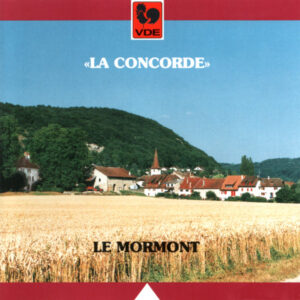

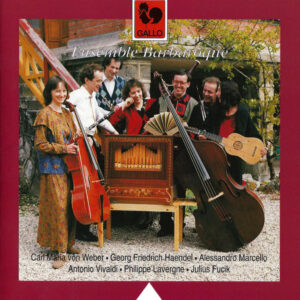
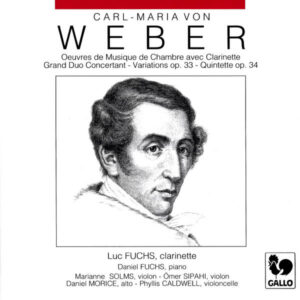

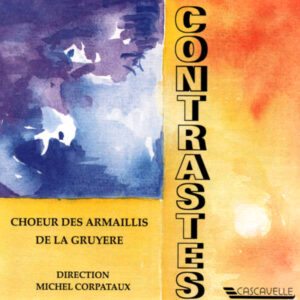
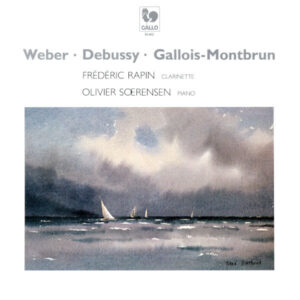
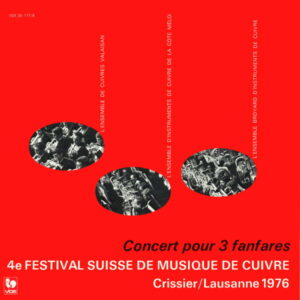
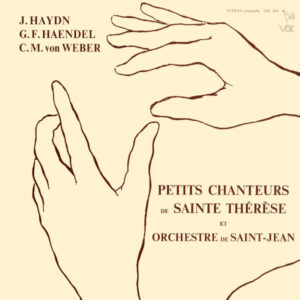
 Carl Maria von Weber (1786-1826)
Carl Maria von Weber (1786-1826)